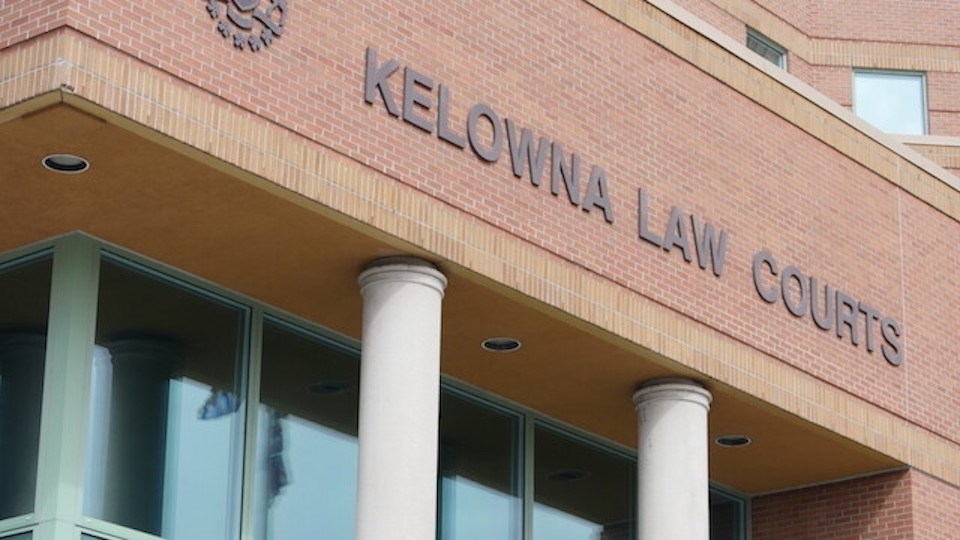A Kelowna mother has won the right to have her child receive the COVID-19 vaccine against the wishes of the child's father.
The provincial court ruling earlier this month is part of a growing body of case law on the issue of child vaccination and separated parents.
The Kelowna mother and father separated in 2016 and share custody of their 11-year-old boy, pending a trial later this year to determine parenting responsibilities and parenting time.
While the mother sought to have the child vaccinated, the father opposed “believing that the vaccine is too new to know the long-term impacts… and that the risk of harm from the vaccine outweighs the possible benefit he may receive from the vaccine.”
The mother also sought to limit time between the father and child until they are both vaccinated, or alternatively that they spend that time outdoors or masked.
Judge Cathaline Heinrichs ended up dismissing much of the evidence submitted by the mother and father as hearsay or inadmissible. Internet print-outs of expert opinions, text messages, various scientific documents and more were not considered because they did not meet the court’s standard for expert evidence.
“In any event, my decision does not require my analysis of scientific evidence about the vaccine. Case precedent has already established that this court may take judicial notice of various facts, without having to prove them,” ruled Heinrichs.
Those facts laid out by Heinrichs were: Canada is in a COVID-19 pandemic resulting in restrictions to curb the spread of the virus; contracting COVID-19 poses a serious health risk to children and adults; the Pfizer vaccine is safe and effective for child and adults.
Heinrichs also referred to a previous ruling that determined the Pfizer-BioNTech COVID-19 vaccine for children aged 5-11 “is not experimental” — a common false claim from anti-vaxxers.
The father claimed that the child did not want to be vaccinated, which the mother disputed, claiming the boy is just worried about his father’s reaction.
“I am satisfied that [the child] is aware of his parents’ different views, and this must be stressful for him because if he makes the decision, he is either deciding with his father against his mother, or vice versa,” Heinrichs ruled.
But at the age of 11, the judge ruled the boy’s opinion on whether he wants to get vaccinated or not as irrelevant, because he does not have the maturity to make a fully-informed decision.
“He thinks the vaccine is experimental, which it is not,” Heinrichs ruled. “It has now been applied globally on millions of people, with effective results. He apparently is relying on what his friends are doing to determine whether he will take the vaccine, which does not suggest that he has an independent, considered conviction about the matter.”
Heinrichs would go on to rule that the mother has authorization to obtain for her child two doses along with a booster if and when recommended, without consent of the father.
The judge declined to make any major adjustments to the father’s parenting time and ruled he could see his child once the boy received his first dose.
The father was also barred from discussing COVID-19 vaccination with his son any further. Both parties were barred from speaking negatively about the other parent in front of the child.



